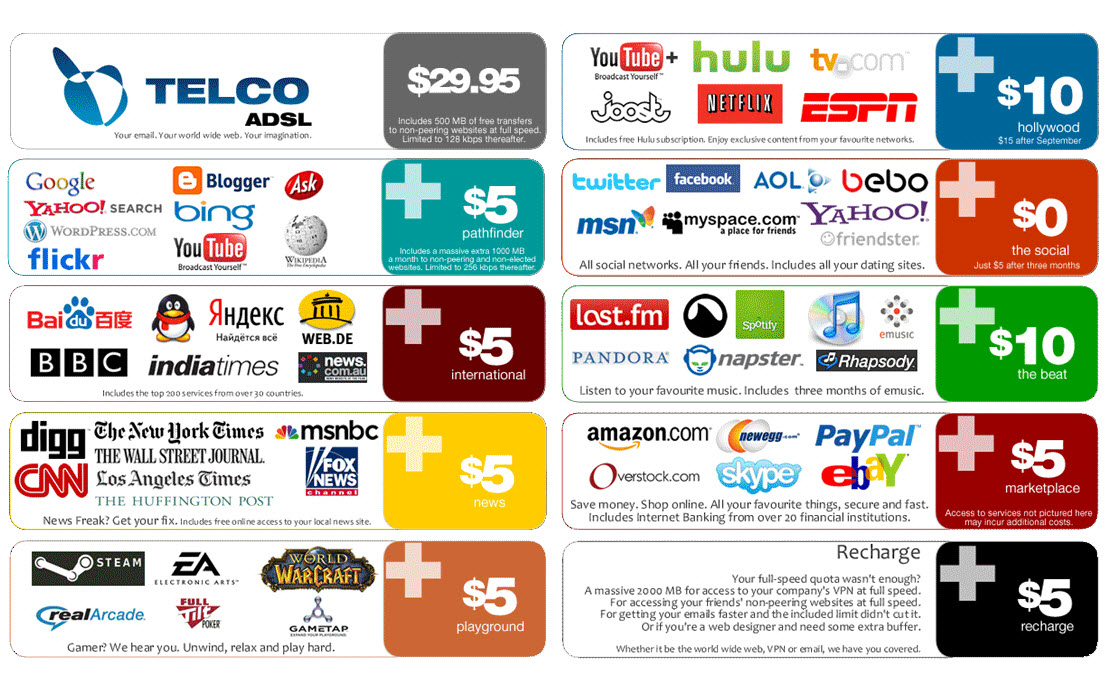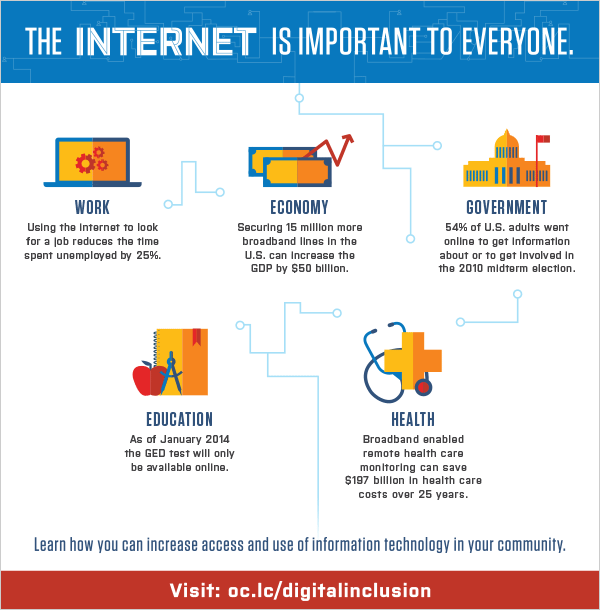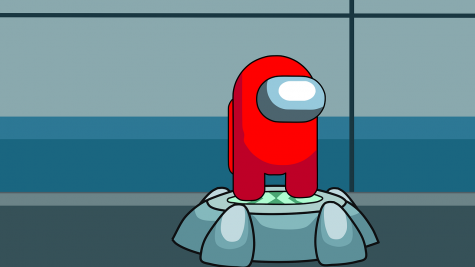Net Neutrality will Not Only Affect Personal Lives, but School as Well
Net neutrality is a principle that states people have the right to communicate freely online and that internet service providers can’t interfere with internet speeds or the sites someone has access to on their personal computer. If the decision on Dec. 14 goes through, net neutrality will be taken down and ISP providers will be able to control internet speeds and what websites people can access.
Net neutrality was established in 2015 by the FCC and Obama administration. However, Ajit Pai, Chairman of the United States Federal Communications Commision, wants to repeal the net neutrality principle.
In 2016, a study was conducted and approximately 87 percent of Americans use the internet.
Net neutrality may impact not only the personal lives of many Americans, but will impact the social connections and the educational means of many.
The repeal of net neutrality will have a huge impact on educators in America. The repeal may affect the websites that can be accessed by not only students, but teachers. The repeal allows ISPs to filter content that they find suitable and allow “fast lanes” and “slow lanes”. Slow lanes encourage the consumer to pay extra to receive faster speeds, and for schools, that could be a financial issue.
For Combs, this could be an issue.
Many teachers use online resources for their curriculum. Some classes, such as classes within the CTE department a purely online based. Without free access to the internet, finding resources and activities for students may prove to be more difficult. Internet based classes may not have the proper access to the online sources they need to use, or the district may have to pay more for internet access.
However, Jack Wallbrecht, head of the technology department, didn’t think that the repeal will affect Comb’s in anyway.
“The Internet service providers have nothing to gain by blocking or throttling services to schools,” Wallbrecht said. “If there is a change, hopefully it will encourage companies to expand services or provide service in there outlying areas.”
Education isn’t the only thing that will be affected by the repeal, though. Many Americans entertainment will be limited, as well. The immediate impact of the repeal may not be seen, but as time continues, the effect will become more apparent.
Streaming services such as Netflix, Youtube, HBO Go and Hulu would only be available if those services are paying the individual’s ISP provider. If an individual had Verizon and wanted Netflix, but Netflix didn’t pay Verizon to stream their services on their ISP, then the individual wouldn’t be able to have Netflix.
Not only are the lack of options for people who have certain ISPs an issue, but the cost. From this New York Times article, Roger L. Kay stated that consumers “will end up paying higher prices for essentially thesame service.”
In an article by Fortune, Fortune said that “Reversing net neutrality rules could cost more to binge your favorite shows on Netflix or Hulu, to play video games, send messages on social media…”. Meaning that the costs Americans are already paying for these services will increase. Those with enough money to afford higher speeds will be able to enjoy these services, but those who can’t afford higher speeds and more access will have access to a smaller amount of services.
However, Pai does have some reasoning as to why he wants to repeal the net neutrality rules. Pai argues that the rules are “burdensome” and that they suppress innovation and competition. Pai stated in an interview with PBS’s News Hour that he does in fact favor a free and open internet, but he also stated that he’s concerned with the regulations.
Pai said that he was worried that the regulations would be too strict on Internet providers and that it would discourage companies to build internet access to other countries or in rural areas.
Although, William Brangham of PBS’s News Hour brought up the fact that many companies such as Facebook, Instagram, and companies had said that the rules weren’t hindering them in any way.
Pai responded with saying that many of those providers don’t specifically state that they like Title II, but that they care open free and open internet. He also brought up the point that many of those companies are successful due to the framework that came from the Clinton administration.
When Brangham questioned that if, hypothetically, Comcast created a show that competed with a Netflix series, did Comcast now had the incentive to slow users who used Netflix to change to the Comcast video service? Pai responded with saying that he didn’t see it happening and that it was hypothetical.






